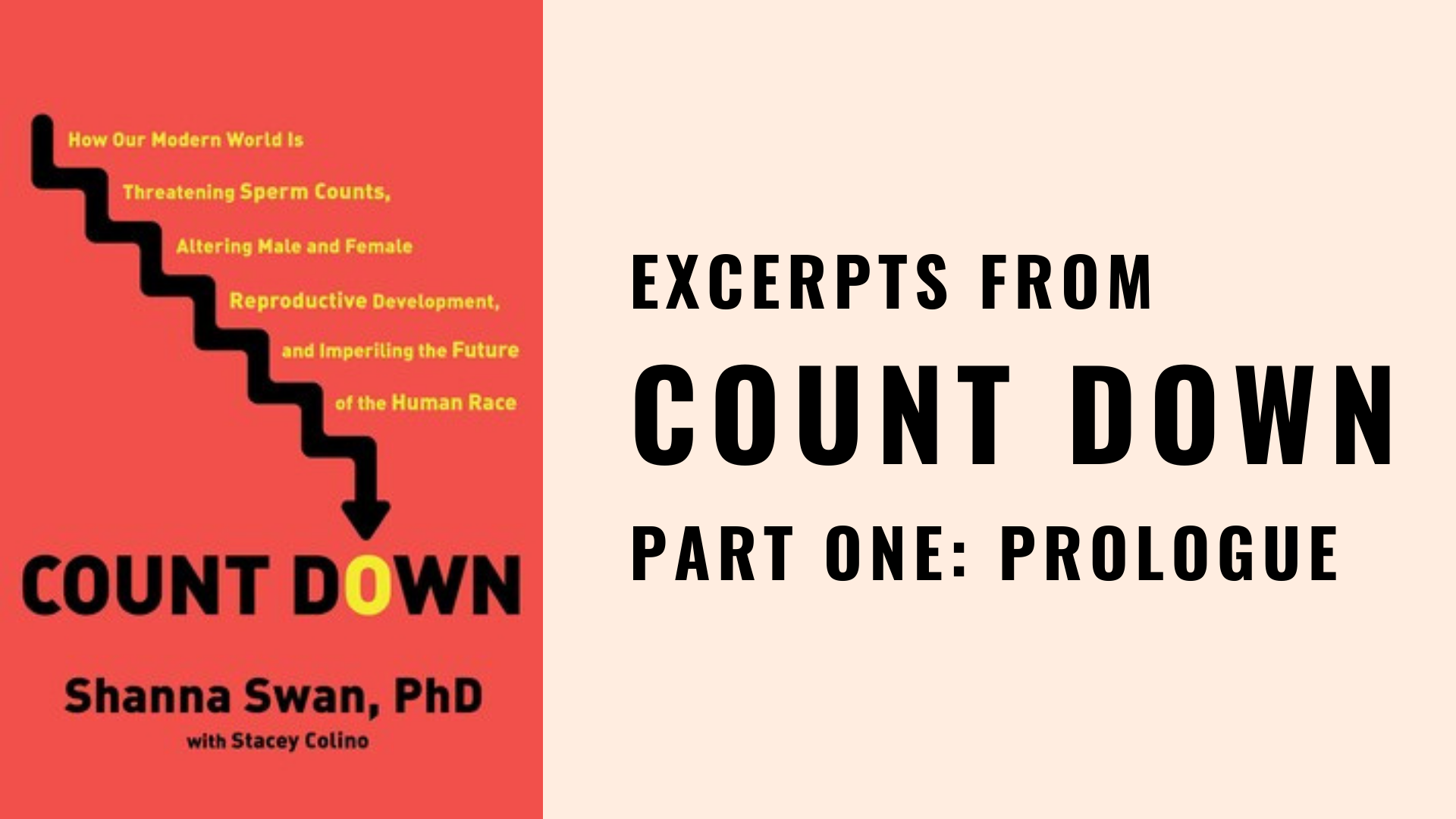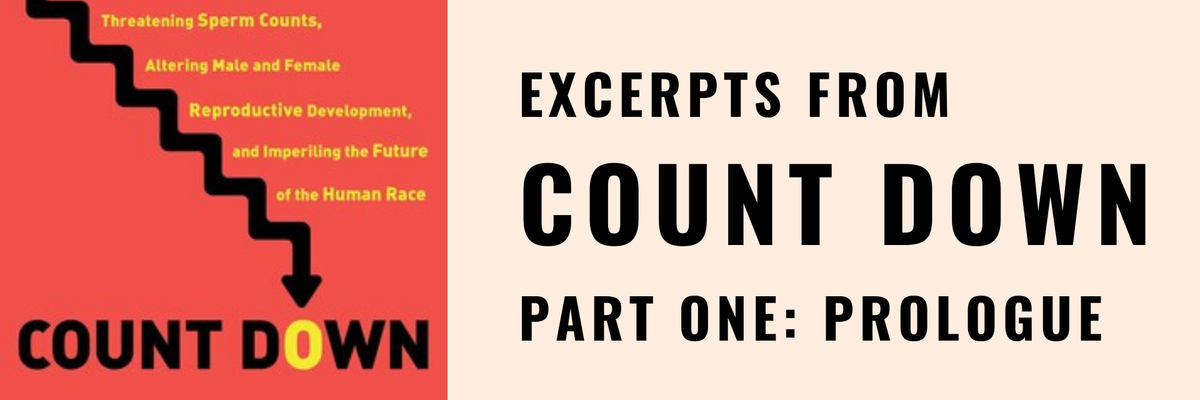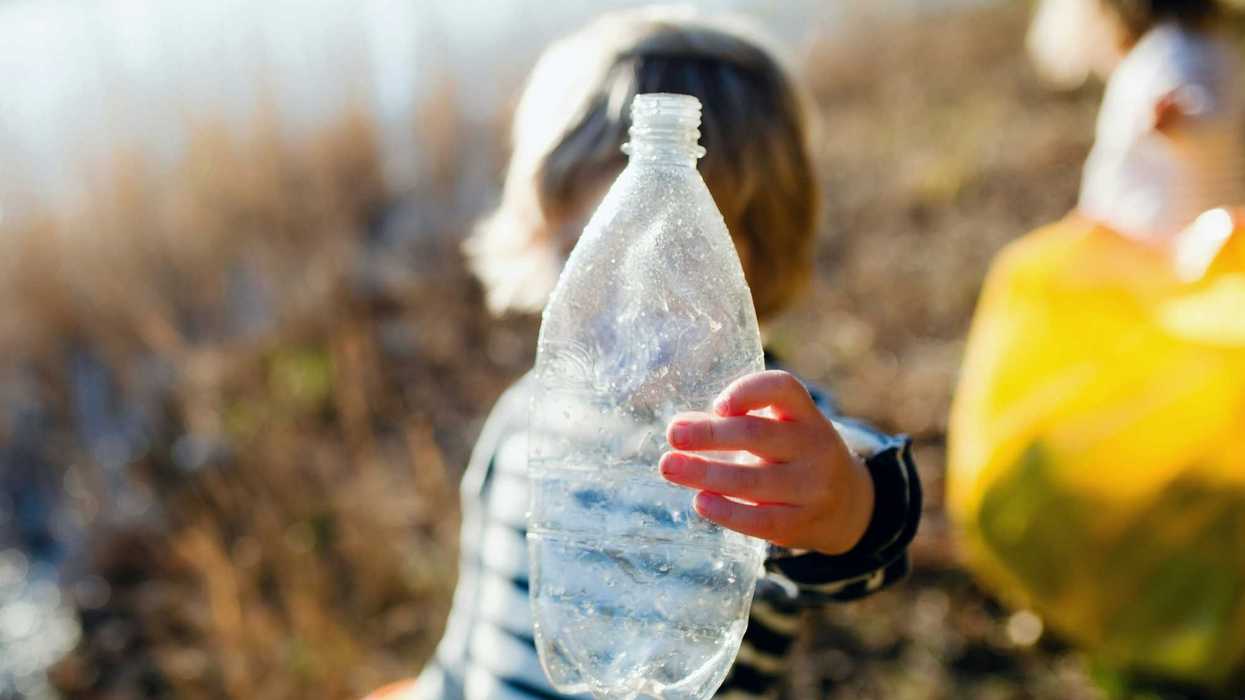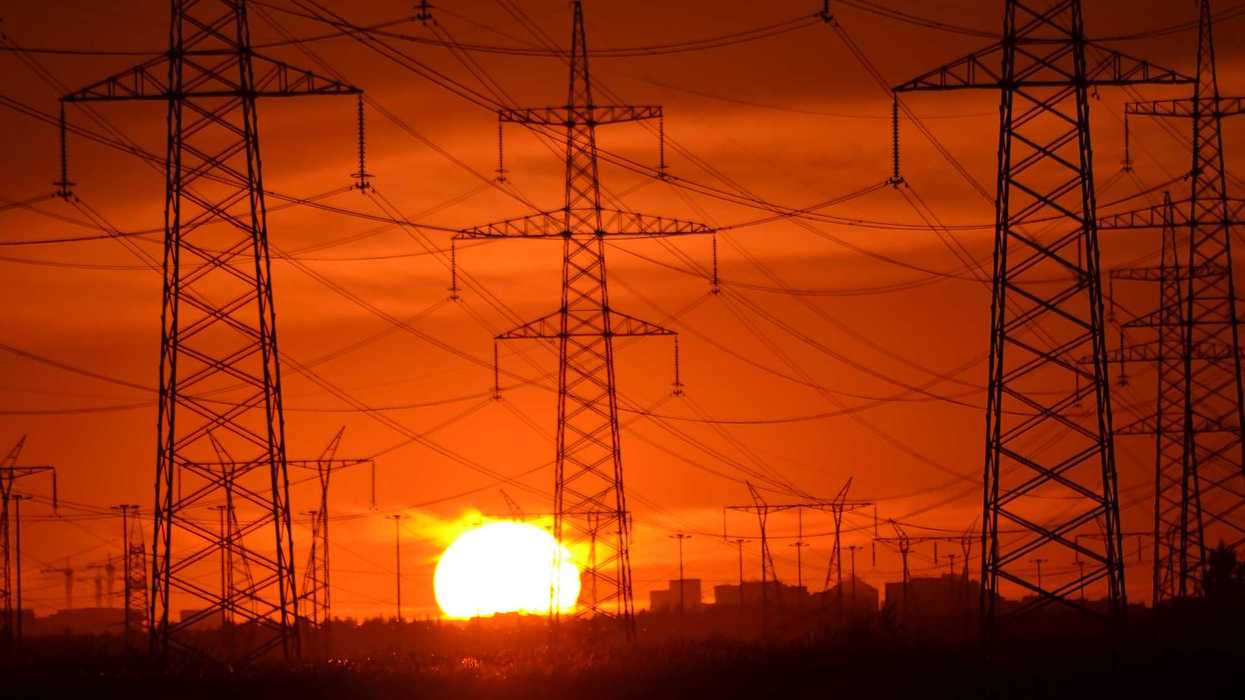Editor's note: The following is an excerpt from the book "Count Down: How Our Modern World Is Threatening Sperm Counts, Altering Male and Female Reproductive Development, and Imperiling the Future of the Human Race" by EHN adjunct scientist Shanna Swan, PhD.
The book is available for sale through most major retailers.
Dismaying biological realities

Credit: Jimmy Dean/Unsplash
It's hardly a news flash that human beings often take things for granted. Fertility is no exception—unless people discover they have a problem in this area. As with having access to basic necessities and certain fundamental freedoms, many people take it as a given that they'll be able to have babies when the time is right and help perpetuate the species. All of these assumptions reside under the notion that we don't always appreciate what we've got till it's gone, as folk singer/songwriter Joni Mitchell suggested in her hit song "Big Yellow Taxi."
It's difficult enough for a man or a woman, when experiencing reproductive disorders or fertility troubles, to accept that he or she may not be able to have children. Now there's an even greater challenge as human beings collectively are forced to contend with some dismaying biological realities. In Western countries, sperm counts and men's testosterone levels have declined dramatically over the last four decades, as my own research and that of others has found. Also, increasing numbers of girls are experiencing early puberty, and grown women are losing good-quality eggs at younger ages than expected; they're also suffering more miscarriages.
An age of reproductive reckoning

Credit: Eva Hartnagel/Unsplash
It's no longer business as usual when it comes to human reproduction. Other species are suffering, too. There's been a rise of abnormal genitals in wildlife, including unusually small penises in alligators, panthers, and mink, as well as an increase in fish, frogs, birds, and snapping turtles that have both male and female gonads or ambiguous genitalia. At first glance, these issues may seem like bizarre anomalies or cruel tricks from Mother Nature—but they're all signs that something very wrong is happening in our midst. Exactly what that culprit is continues to be hotly debated, but evidence pointing to likely suspects is mounting on a regular basis.
This much is clear: The problem isn't that something is inherently wrong with the human body as it has evolved over time; it's that chemicals in our environment and unhealthy lifestyle practices in our modern world are disrupting our hormonal balance, causing varying degrees of reproductive havoc that can foil fertility and lead to long-term health problems even after one has left the reproductive years. Similar effects are occurring among other species, adding up to widespread reproductive shock. Simply put, we're living in an age of reproductive reckoning that is having reverberating effects across the planet.
Putting the puzzle together
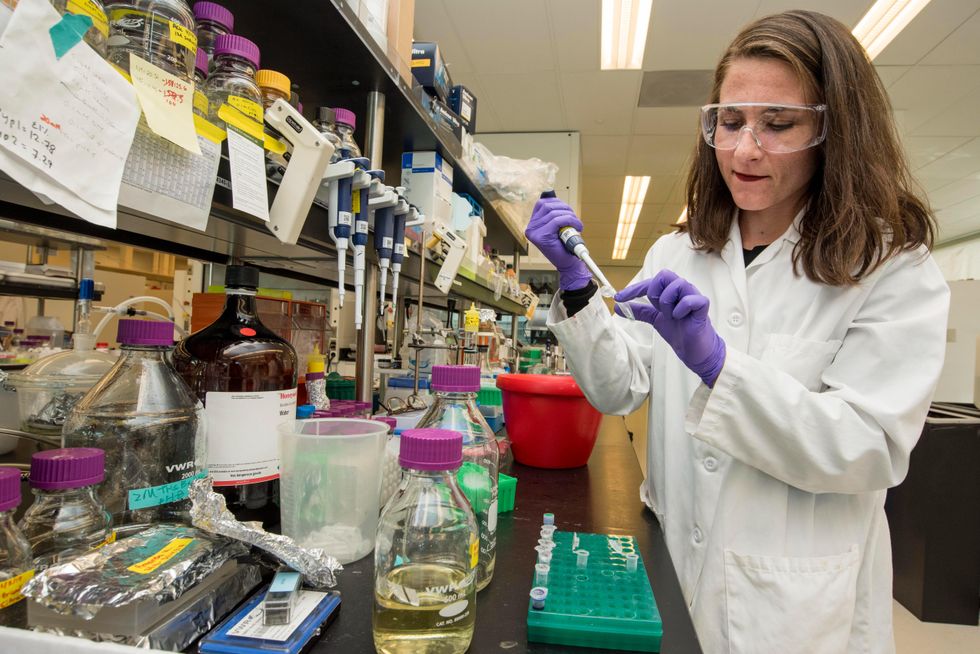
Credit: Science in HD/Unsplash
If these alarming trends continue unabated, it's difficult to predict what the world will look like in a hundred years. What does this dramatic decline in sperm count portend if it stays on its current trajectory? Does it signal the beginning of the end of the human race—or that we're on the brink of extinction? Does the environmental emasculation of wildlife suggest that the earth really is becoming much less habitable? Are we on the verge of experiencing a global existential crisis? These are good questions, and we don't have clear answers to them, at least not yet. But pieces of the puzzle are being put together, as you'll see in the chapters that follow. You'll learn more about the breadth of these scary declines in sperm counts and other aspects of reproductive function, as well as the factors that are likely to blame for these unfortunate effects in human beings and other species, based on scientific research. The following is clear: The current state of reproductive affairs can't continue much longer without threatening human survival.
About the author

Author Shanna Swan (Credit: Axel Dupeux)
Shanna H. Swan, Ph.D., is one of the world's leading environmental and reproductive epidemiologists and a professor of environmental medicine and public health at the Icahn School of Medicine at Mount Sinai in New York City. She is also an adjunct scientist at Environmental Health Sciences, publisher of EHN.org, DailyClimate.org and FairElex.com.
An award-winning scientist, Dr. Swan's work examines the impact of environmental exposures, including chemicals such as phthalates and Bisphenol A, on men's and women's reproductive health and the neurodevelopment of children.
For more information about Dr. Swan and her book, including where to buy it, visit Dr. Swan's website at www.shannaswan.com.
- Fertility crisis leaves little time for solution - EHN ›
- Frequently asked questions on the new study on sperm count decline - EHN ›
- A new analysis shows a “crisis” of male reproductive health - EHN ›
- Global sperm counts are declining. Shanna Swan knows why. - EHN ›
- Personal care products may reduce success of IVF treatments - EHN ›

